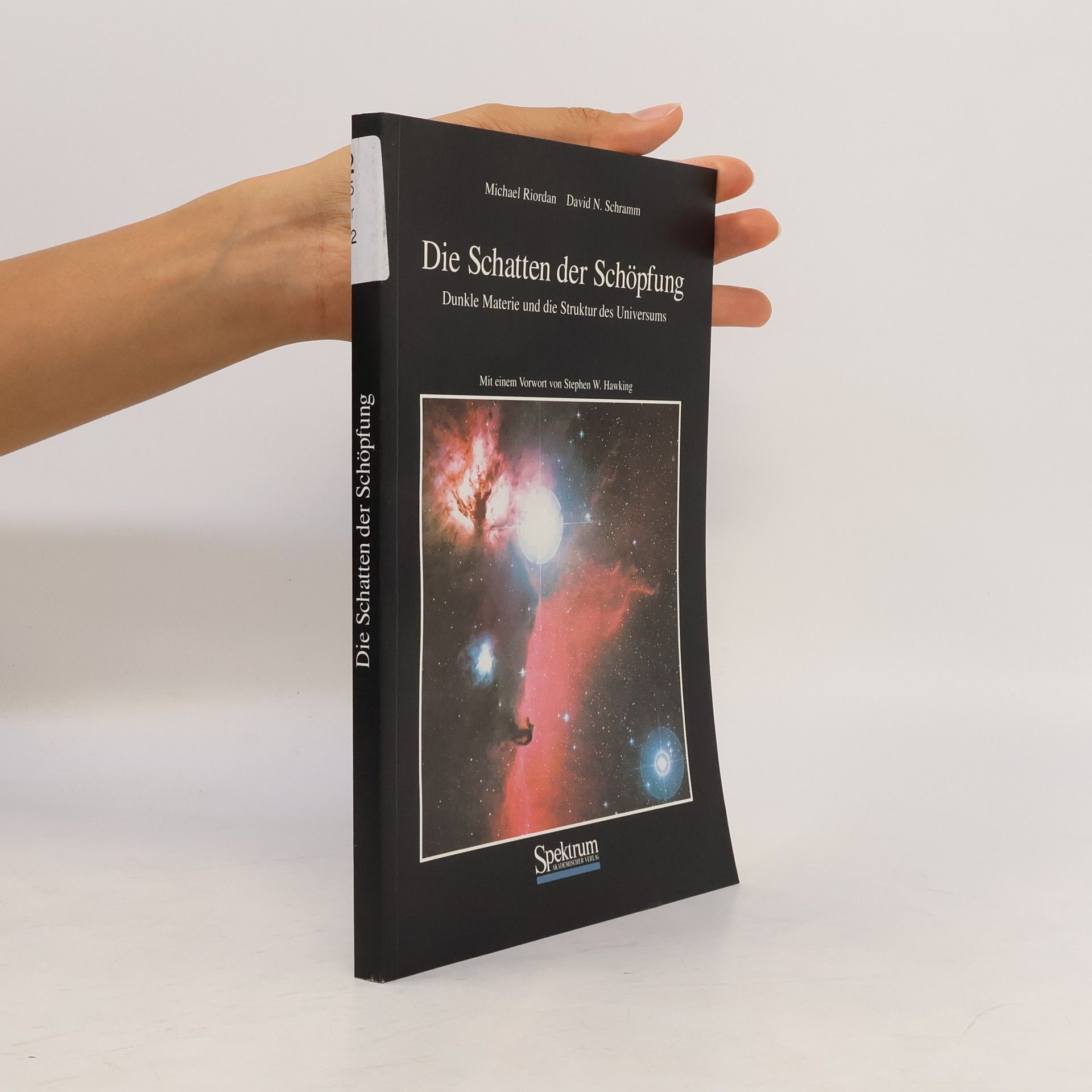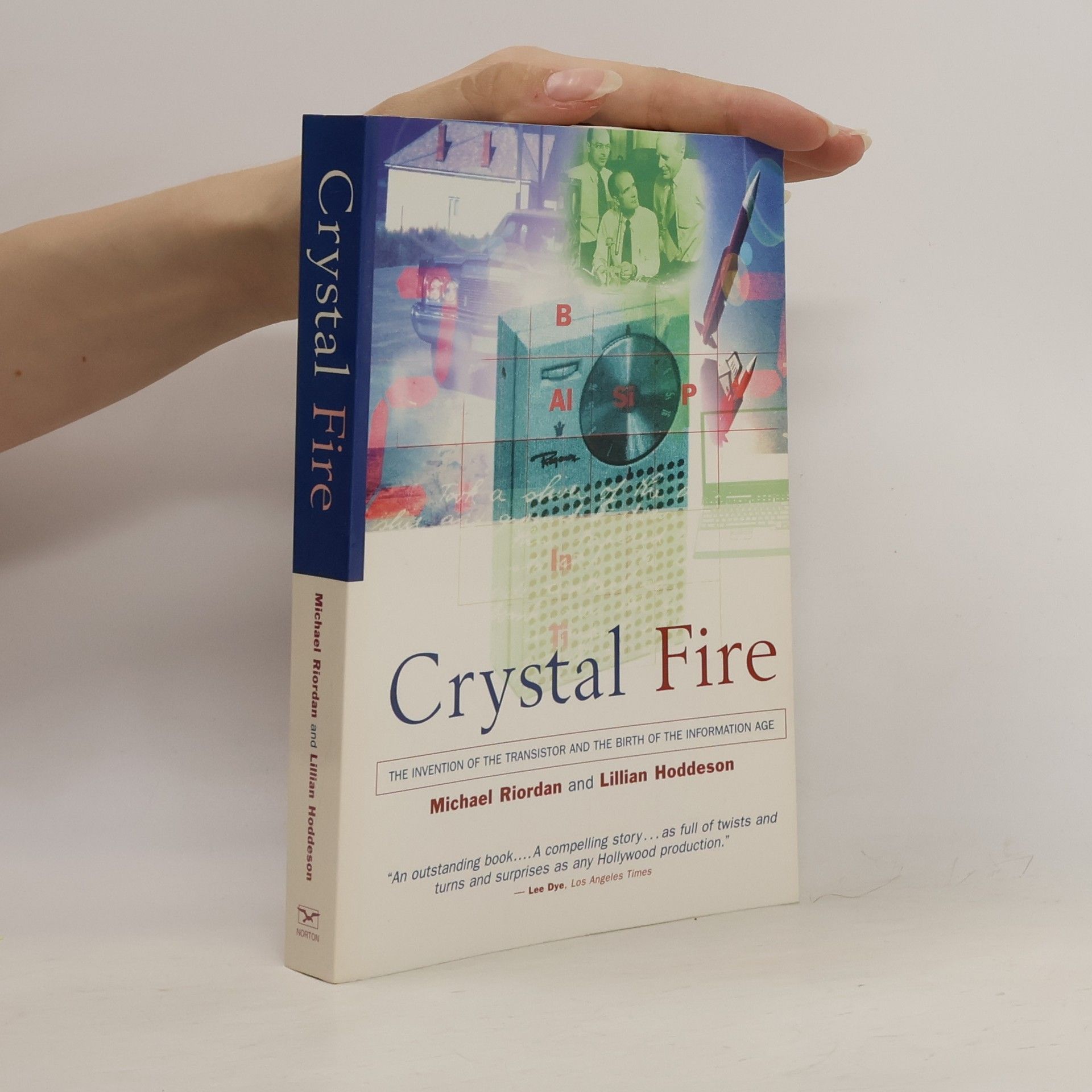Crystal Fire
- 368pages
- 13 heures de lecture
This work tells the human story of the process of invention that led to the invention of the transistor.




This work tells the human story of the process of invention that led to the invention of the transistor.
In a world where superheroes reign, Rocketman stands out as the greatest, always supported by his devoted sidekick, Boost. Their dynamic partnership faces a turning point when Rocketman attempts to confront an asteroid alone and mysteriously disappears. With hope dwindling, Boost must rise to the occasion, drawing on her training and courage to become a hero in her own right. This story explores themes of bravery, mentorship, and the journey of self-discovery as Boost embraces her potential to save the day.